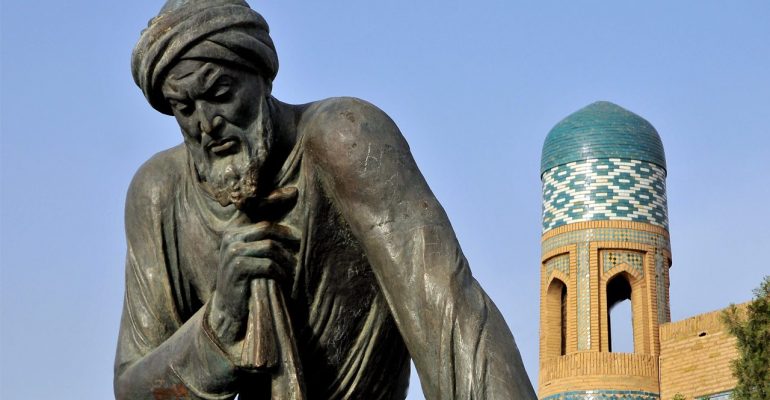What Western civilization owes to Islamic cultures
July 18, 2019 2023-06-12 15:49What Western civilization owes to Islamic cultures

What Western civilization owes to Islamic cultures
Algebra, alchemy, artichoke, alcohol, and apricot all derive from Arabic words which came to the West during the age of Crusades. Even more fundamental are the Indo-Arabic numerals (0-9), which replaced Roman numerals during the same period and revolutionized our capacity to engage in science and trade. This came about through Latin discovery of the ninth-century Persian scholar, Al-Khwarizmi (whose name gives us the word algorithm).
This debt to Islamic civilization contradicts the claim put forward by political scientist Samuel Huntington in his book The Clash of Civilizations some 25 years ago, that Islam and the West have always been diametrically opposed. In 2004, historian Richard Bulliet proposed an alternative perspective. He argued civilization is a continuing conversation and exchange, rather than a uniquely Western phenomenon.
Even so, Australia and the West still struggle to acknowledge the contributions of Islamic cultures (whether Arabic speaking, Persian, Ottoman or others) to civilization.
In an initial curriculum proposed by the Ramsay Centre for Western Civilization, only one Islamic text was listed, a collection of often-humorous stories about the Crusades from a 12th-century Syrian aristocrat. But Islamic majority cultures have produced many other texts with a greater claim to shaping civilization. Many of the scientific ideas and luxury goods from this world came into the West following the peaceful capture of the Spanish city of Toledo from its Moorish rulers in 1085.
Over the course of the next century, scholars, often in collaboration with Arabic-speaking Jews, became aware of the intellectual legacy of Islamic culture preserved in the libraries of Toledo.
Another was Ibn Rushd (or Averroes), an Andalusian physician and polymath, whose criticisms of the way Ibn Sina interpreted Aristotle would have a major impact on Italian theologist and philosopher Thomas Aquinas in shaping both his philosophical and theological ideas in the 13th century. Thomas was also indebted to a compatriot of Ibn Rushd, the Jewish thinker Moses Maimonides, whose Guide to the Perplexed was translated from Arabic into Latin in the 1230s…
Source: The Conversation Media








